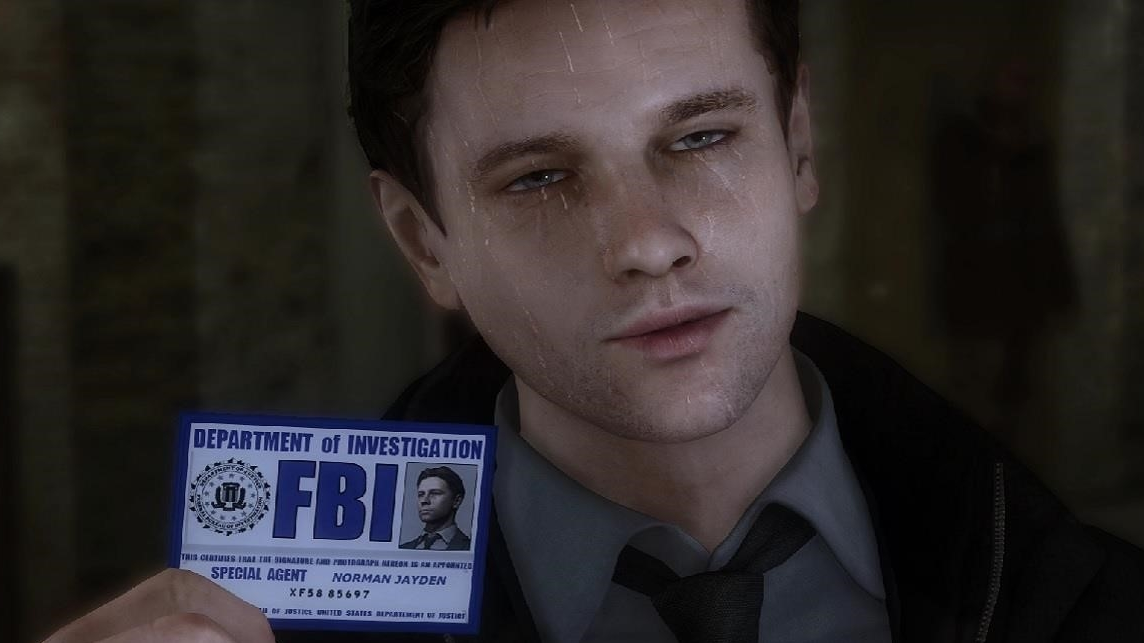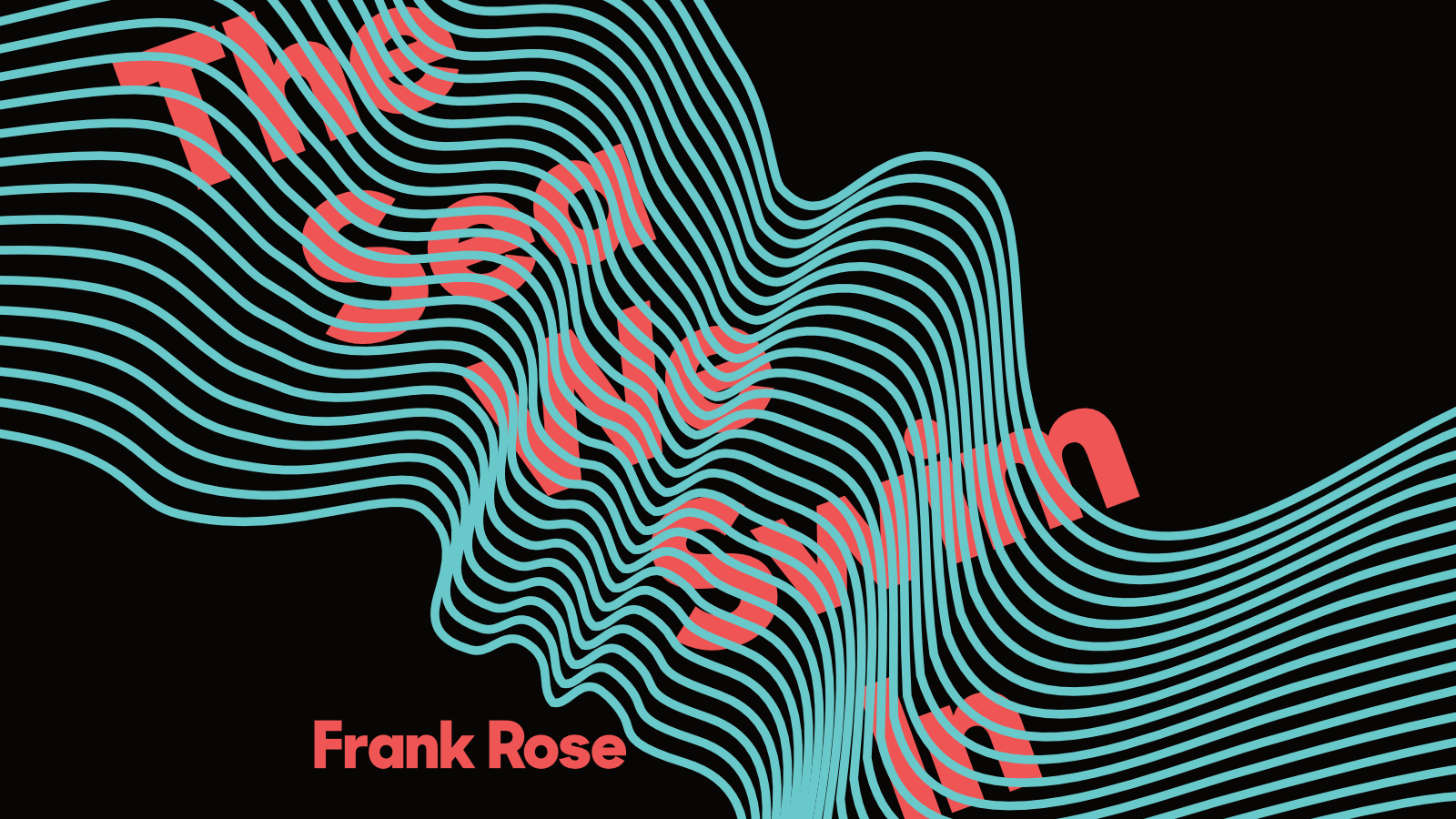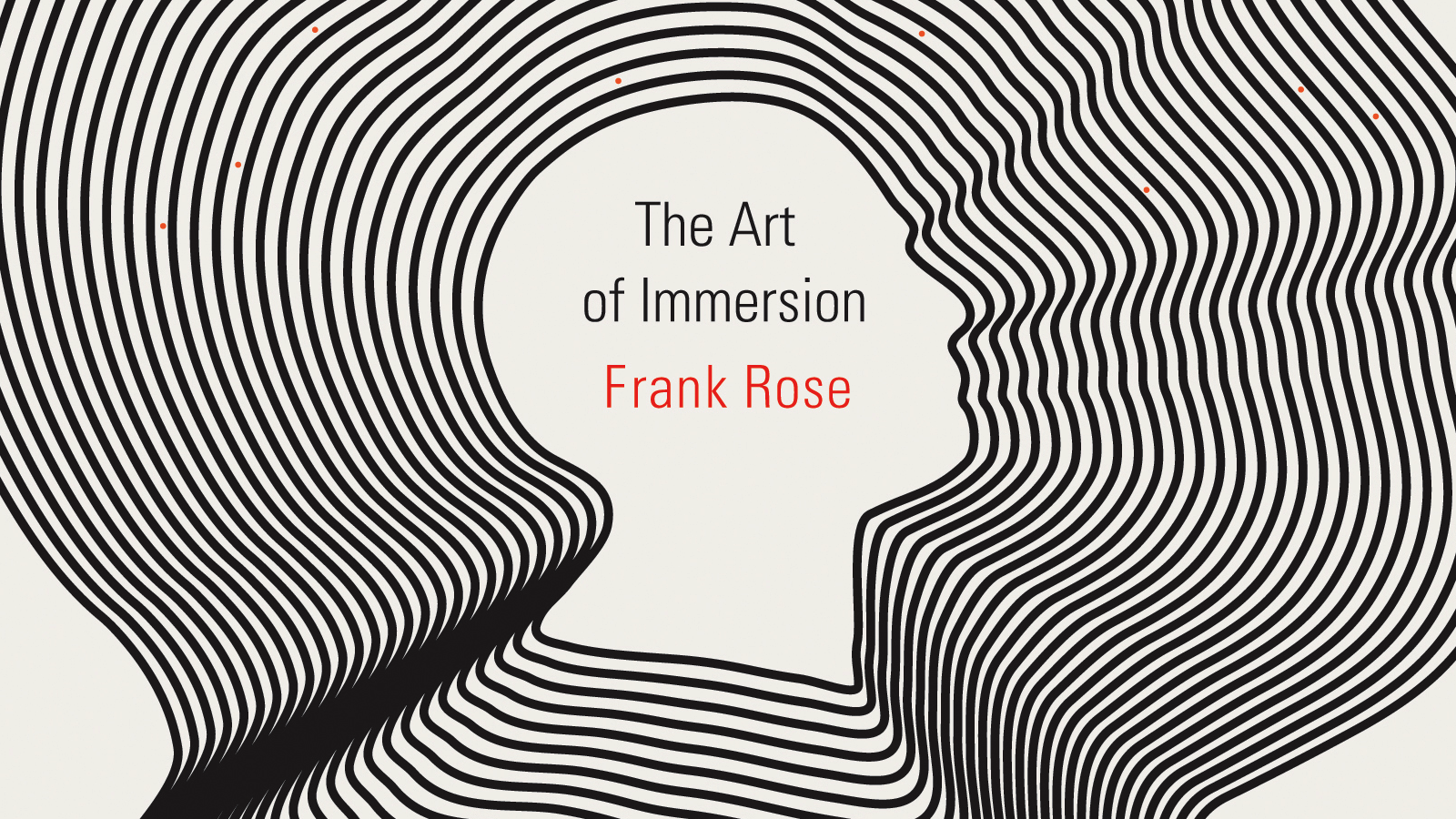
June 9, 2009
Guest post by PETER SACZKOWSKI
Can a video game rival a movie for emotional intensity? Clearly David Cage thinks so, and he’s out to prove it with the PlayStation 3 exclusive Heavy Rain. “I see Heavy Rain as an emotional journey,” Cage told GamePro last winter, and judging from the reaction last week at E3, other people will see it the same way. Cage, CEO and founder of the French game developer Quantic Dream, aims to replicate the expressiveness of conventional fiction using the participatory properties of video games. Though the game has only been played by a select few (read: not me), advance reports and developer-narrated footage has made Heavy Rain one of the most anticipated games of 2010.
At least four challenges face developers attempting to create a truly interactive storytelling experience. They need to tell a story without substantially limiting player control. They can’t sacrifice gameplay mechanics for graphics, style, or storyline. They can’t give the player too much license: it’s impossible to create a game world that can respond to every possible action. And the graphics and animation need to match the depth of cinema. Heavy Rain is the boldest attempt yet to face these challenges.
The game is a psychological thriller, similar to Seven or Zodiac, that pits both professional and amateur detectives against the sociopathic “Origami Killer.” And though little is known about the details of its plot, Cage has frequently stated that the game will require players to make morally grey decisions involving those they love. Suffused with a gritty, film noir atmosphere, it looks to be one of few video games that can unequivocally be called art.
Players control four characters, each with different strengths and weaknesses, seeking to unravel, over the course of four days, the mystery surrounding the murders. All four characters can die, with any one of their deaths limiting the clues you’ll collect and the possible endings you can achieve.
So far, only two of these characters have been revealed (though Cage has assured us that the third and fourth characters will be shown later this year, at the Games Convention and the Tokyo Game Show respectively). Madison Paige, an intrepid journalist, made her first showing in the “taxidermist demo” (which will not appear in the final game), unveiled under a shroud of secrecy at E3 2008 and then publicly at last year’s Games Convention. Norman Jayden, introduced exclusively by 1UP on May 22 in the now playable “Mad Jack” scene, is a no-bullshit FBI agent suffering from a debilitating addiction to triptocaine.
At this year’s E3, Quantic Dream revealed a new playable scene called “Madison at the Blue Lagoon” which gave more hints of gameplay than the “Mad Jack” demo did. But what the new scene illustrates most clearly is Quantic Dream’s commitment to an uncompromisingly mature plot and an attention to detail that is hard to underestimate.
Heavy Rain is the successor to Quantic Dream’s Indigo Prophecy (Fahrenheit outside the US and Canada), incorporating or evolving much of its gameplay in a much more ambitious context. According to Cage, Indigo Prophecy was the first game based entirely on narrative and characters, without standard game mechanics. Nonetheless, Indigo had its share of issues: the graphics were sub-par, and the story devolved into Dragon Ball-style fighting sequences that culminated in an infuriatingly hasty ending. Worse, ubiquitous and obtrusive quick time events obscured what may otherwise have been engrossing interactive sequences. Indigo Prophecy remained enjoyable despite its flaws, but it did little to advance the art of interactive storytelling.
Cage himself has admitted as much. Gone from Heavy Rain, apparently, are the supernatural powers, linear decision-making, and lacklustre ending that marred Indigo Prophecy. And the new quick time events have a more integrated feel, allowing the player to experience the action cinematics without being distracted by multi-coloured, button-pressing prompts.
This move toward “contextual actions” (or QTEs) is how Quantic Dream has chosen to avoid the problem of cut scenes, which have plagued narrative-focused developers like Hideo Kojima. Cut scenes generally make the transition from gameplay to storytelling too drastic, wrenching players out of their experience by removing control and forcing them to watch a movie. Contextual actions, by contrast, transition more or less seamlessly from full game control to a cinematic sequence that still allows some interactivity by incorporating a time-sensitive, button-pressing mini-game.
Cage clearly thinks that such an integration of storytelling and gameplay will set Heavy Rain apart from other games in the genre. Unfortunately, many gamers find QTEs to be anathema to immersion and interactivity, arguing that they are simply ways to choose between a binary event: press the button at the right time and produce one scripted event, fail and produce another. Hardly the kind of freedom one would realistically have in such a situation.
Quantic Dream has taken such criticisms to heart. Instead of the banal QTEs found in Indigo, Heavy Rain’s are situationally responsive and tailored to each action sequence. Controller inputs mimic the character’s movements and prompts appear near the object that’s being affected. Even more remarkable is that the QTE mini-games are influenced by the character’s emotions and health: When at ease, success is simple; but grow anxious or get injured, and the game’s pace and eccentricity increase.
All the same, whether QTEs remain a problem will depend on the pacing of the game and the effects of failure and success. If enough freely exploratory scenes are punctuated throughout the button-pressing interludes, Heavy Rain may still persuade the pessimists. And gamers should remember that maximal freedom isn’t always as immersive or enjoyable as intelligent linear paths: One need only play through Half-Life 2 to get a sense of how a linear world can feel open and responsive.
Cage is convinced that he can deliver the emotional impact of a story while giving players multiple branches of experience within the game. Whether he succeeds remains to be seen. What we know now is that the experience will be unique within the gaming world—so expect Heavy Rain‘s success or failure to determine the viability of interactive drama on this generation of consoles.












Comments
Jay Harrison
- December 7, 2009
Can a video game rival a movie for emotional intensity? Well, obviously. Just, you know, not when David Cage is at the helm.
To my mind he fundamentally, massively, misunderstands what will bring games forward as a medium. Farenheit was a nightmare, it's actually kinda embarrassing just how much that game wished it were a film. Initially it was just the playing as both cop and apparent killer that eroded my interest (mutually exclusive goals aren't a fantastic idea for protagonists in interactive media), but the QTEs, the plain awful writing (what kind of film would get away with that god awful nudge-wink bedroom scene?), and the rubbish control scheme were just too much to bother with.
The guy needs to sit down and spend some time with something like Small Worlds, Passage, or maybe Dear Esther. Stuff that excels at drawing you into the story they convey without all the gimmicks he's so dependent on. Like you say, there's nothing wrong with linearity (Choose-Your-Own-Adventure books don't win Booker prizes), and the emotional engagement that games can really excel at is in the narrative told in the interactions between character and environment, and the resonance between that and the game's scripted story. There's no need for all the silly crap he focuses on. Good storytelling and good level design is enough, you know? This is where a player's actions become meaningful.
Anyway...
"Even more remarkable is that the QTE mini-games are influenced by the character’s emotions and health."
Eight years after Silent Hill 2's achingly beautiful "In Water" ending, and the way the player went about arriving at that, I'm not sure that this kind of intention counts as remarkable. Also, if Cage achieves anything like that kind of resonance with his clumsy, overwrought approach to this kind of thing, by all means Fedex me a hat and some Tabasco.
free full legal
- September 19, 2010
Oh I really love Indigo Prophecy, same as I used to love Omicron: Nomad Soul. Now I'm really thinking about buying PS3 just for Heavy Rain. Quantic Dream is my favourite game developer ever. I wish them success.